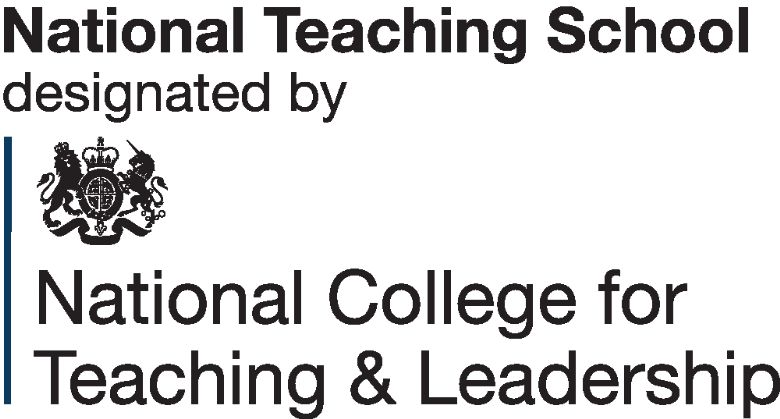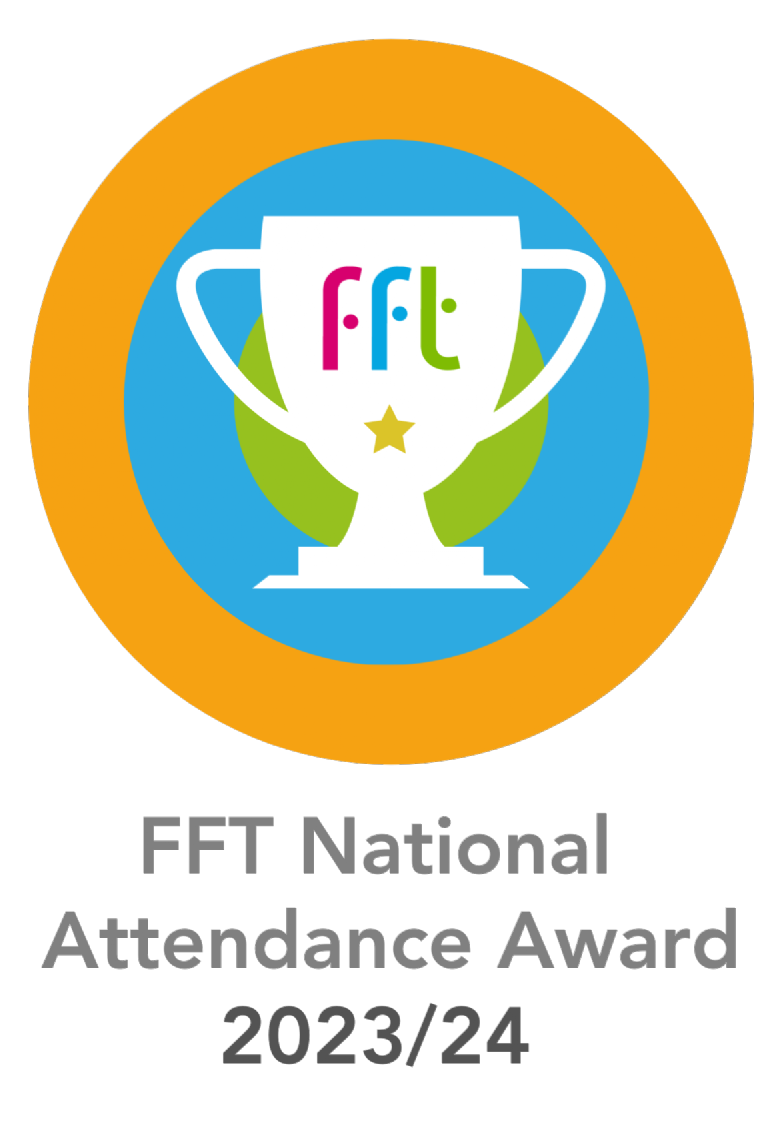Admissions
Redborne Upper School Admissions
All admissions are made via the Central Bedfordshire Admissions team -
School admissions | Central Bedfordshire Council
Principles
The Governors are committed to continuing the present admissions policy for the school with respect to its comprehensive character and age range. They reserve the right, however to respond to changes instituted by national and local authority initiatives. The following arrangements with respect to admissions from September 2025 onwards will apply to all applications.
Students will be admitted to Year 9 at age 13 without reference to ability or aptitude. The number of intended admissions will be 380.
The Local Authority will apply the following criteria (in the rank order shown) to decide the order in which places will be allocated when there are more requests from parents / carers than the number of places available:
- All ‘looked after’ children or children who were previously ‘looked after’;
- Students living in the catchment area with siblings at the school;
- Any child of a member of full time or part time staff (teaching or non-teaching) who is employed by the school. The member of staff must have been in post for at least 2 years. Temporary staff are not included in this arrangement.
- Students living in the catchment area attending Woodland and Alameda Middle schools;
- Other students living in the catchment area;
- Students not living in the catchment area but with siblings at the school
- ‘Very exceptional’ medical grounds;
- Other students presently attending Alameda and Woodland Middle Schools;
- Any other children
Notes
In any situation where the application of the above criteria results in a situation where there are more children with an equal right of admission to the school than the number of available places, the tie break will be distance from the school, measured in a straight line, using the Local Authority’s computerised mapping system. The distance will be measured from the address point of the child’s home to the entrance to the North School main gate, with those living closer to the school being accorded higher priority. The Governing Body does not give priority within each criterion to children who meet other criteria. The Local Authority will measure all distances for the Governing Body.
In the event of two or more children having an absolutely equal distance as defined above, the final tie-break will be by random selection.
Pupils who have a Statement of Special Educational Needs are required to be admitted to the school which is named on the statement, even if the school is full. Pupils identified for admission through the Fair Access Protocol will also be admitted even if the school is full.
The Governing Body does not guarantee to offer places to students who live in the catchment area or who move into the catchment area outside the normal admissions round (or after the allocation has begun) if this would mean exceeding the admission number.
Parents not offered a place are kept on a waiting list to be reallocated if places become available.
Definitions
‘Looked After’ Children
A ‘looked after’ child is a child who is (a) in the care of the local authority, or (b) being provided with accommodation by a local authority in the exercise of their social services functions (see Section 22 (1) of the Children Act 1989).
Previously ‘Looked After’ Children
A previously ‘looked after’ child is one who immediately after being ‘looked after’ became subject to an adoption, residence or special guardianship order. An ‘adoption order’ is an order under section 46 of the Adoption and Children Act 2002. A ‘residence order’ is an order settling the arrangements to be made as to the person with whom the child is to live under Section 8 of the Children Act 1989. Section 14A of the Children Act 1989 defines a ‘special guardianship order’ as an order appointing one or more individuals to be a child’s special guardian (or special guardians).
Sibling
A sibling is defined as a brother or sister, or half brother or sister, adopted brother or sister, step brother or sister, or the child of the parent/carer’s partner, and in every case should be living at the same address. The sibling must be in the school at the time of application and be likely to remain in the school at the proposed date of admission.
‘Very Exceptional’ Medical Grounds
‘Very exceptional’ medical grounds refers to cases where there are exceptional medical reasons which make it essential that a child should attend a particular school and where the preferred school is the only school locally that could meet the child’s needs. A medical report from the child’s doctor or consultant must be submitted with the application form, setting out valid medical reasons why it is essential for the child to be admitted to the school in question and the difficulties that would be caused if the child had to attend another school. The Governors reserve the right to seek further information in order to determine whether it is essential for a child to be admitted to the preferred school on medical grounds. Admission on medical grounds cannot be considered where the medical condition relates to that of a parent/carer, brother or sister or other relative/child minder.
Home Address
A student’s home address will be regarded as the address of the parents/carer with parental responsibility with whom the child normally lives. This will not usually include grandparents, aunts or uncles. Where a child spends time with parents/carers at more than one address, the address used to allocate a school place will be the one at which the student is ordinarily resident and where the child spends the majority of the school week (Mondays to Fridays) including nights. If there is any query on the home address this will be checked against original official documentation, e.g. council tax bill, a recent utility bill (gas, electricity or water), a rental agreement, child benefit annual statement or family tax credit information.
The parents of Year 8 students due to transfer to an Upper School in September 2024 will receive information about applying for a school place. Parents must apply to the Local Authority in which they live. Parents living in Central Bedfordshire or Bedford Borough can apply using the online application system for the Local Authority in which they live. When completed, the form must be returned by the specified date.
The allocation of places will take place after this deadline and parents will be notified on the national offer day in early March 2024, by their home Local Authority of whether their applications have been successful. Parents, who make applications after the official deadline, even if they live in, or move into one of the catchment area will not be entitled to automatic places if this would mean exceeding the Published Admission Number.
Whilst admission will normally be into Year 9 or into Year 12, students may be admitted to Year 10 and Year 11 where there are vacancies (i.e. less than 380 on roll in the year group concerned). The above criteria will apply in these circumstances. Requests for admission into other year groups should be made via Central Bedfordshire Council School Admissions on the In-Year Application Form.
Staff
Any child of a member of full time or part time staff (teaching or non-teaching) who is employed by the school e.g. parent by blood or adoption or with legal responsibility and living with the child in the same house Monday to Friday for a minimum of 2 years. The member of staff must have been in post for at least 2 years.
If your child is attending an independent school, please contact the school for further information.
The Published Admission Number for September is 380 places.
Appeals
Parents who may wish to appeal against non-admission will have the right of appeal to an independent Appeals Panel. The decision of the Appeals Panel will be binding. Details of admissions and appeals arrangements will be published each year. In making these arrangements the Governors will, of course, refer to their Instruments of Government for Foundation Schools (Standards and Framework Act 1998). Appeals are made via Central Bedfordshire Council School Admissions.
Sixth Form Admissions Arrangements
Principles
The Governors are committed to maintaining the present policy for Year 12 admissions into the school with respect to its comprehensive character and age range.
Entry into the Sixth Form to study Level 3 (A Level) courses is given where a student meets the general entry requirement and subject specific entry requirements for Level 3 courses. These are outlined annually in the Sixth Form Curriculum Guide for the relevant year of entry. For external applicants their current/previous school will also need to provide a satisfactory reference.
The anticipated Sixth Form capacity (Years 12 and 13) for September 2025 entry will be 490 places with 270 places for Year 12.
The following arrangements with respect to admissions from September 2025 onwards will apply to all applications:
If the number of applications exceeds the number of places available the following criteria will be applied, in the order set out below, to decide which students to admit:
- All ‘looked after’ children or children who were previously ‘looked after’
- Students who have a Statement of Special Educational Needs where Redborne is named on the statement
- Any other students, with applications accepted in chronological order of receipt by the school.
In addition please note the following:
- An online application process for a place in the Sixth Form will be available from the published date in the school’s calendar. When completed, applicants for a place should return this form to the school by the published deadline. Applications received after this date will only be considered if the admission number has not been exceeded and they will be considered on a ‘first come first served’ basis.
- The allocation of places will take place after this deadline and students will be informed by mid-May as to whether a conditional place (ie subject to the student meeting the entry requirements) will be offered.
- The allocation of students to particular subjects/classes will be on a ‘first come first served basis’ with a chronological record of receipt of applications being kept. Priority will be given to meeting students’ top three subject choices – if a student wishes to study four subjects, places will be offered in the fourth subject if there is still available space once all ‘three-subject’ allocations have been completed.
- If the number of applications for a particular subject exceeds the maximum class size, it may be possible to put on additional classes, but this cannot be guaranteed.
- Allocation to particular subjects/classes where the number of students exceeds the published maximum class size will be on the basis of order of receipt and the student being predicted to achieve the published general and subject specific minimum entry requirements (subject to note 3 above). A ‘reserve list’ will be maintained for subjects/classes where this process has had to be implemented.
- If the admission number is exceeded a reservation list will be maintained until the second Friday after the start of term in September.
- Applications received in year will be considered on an individual case by case basis.
Appeals
Parents who may wish to appeal against non-admission will have the right of appeal to an independent Appeals Panel. The decision of the Appeals Panel will be binding. Details of admissions and appeals arrangements will be published each year.









